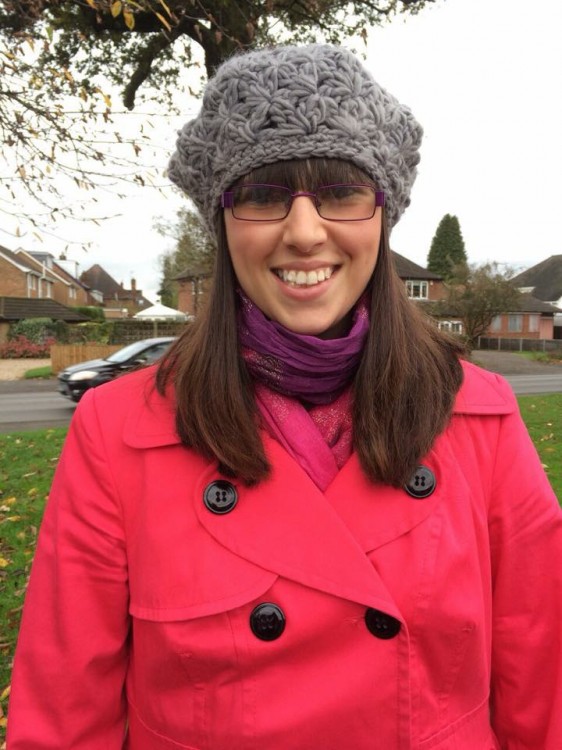Adult With Nonverbal Autism Shares What Sensory Overload Feels Like for Her

Last year I met a young woman through Facebook named Sophie Webster. She lives in the U.K. and we live in the U.S. Although we’re thousands of miles apart, Sophie has taught me far more than any therapist ever has about my son, Kreed. Sophie uses a communication device as well and can type out her thoughts. She’s given me insights into Kreed that’s allowed me to better teach and understand him.
I believe Sophie’s words can change the minds of anyone who thinks those who don’t use their natural voice have nothing to say. She spent years unable to speak or be heard, and so many ignored her. Even today, although she uses a device to communicate, people are quick to dismiss her. I asked Sophie if she would write a bit about her experiences. So, without further adieu, here are a few snapshots into Sophie’s world.
Sensory overload
Sensory overload is the worst feeling in the world! I get it when I see too many people walking past me or if I hear too many noises at one time. For example, in a room of people talking, my brain tunes into everyone else’s conversation, and I struggle to filter the voices out and listen to the carer I’m with. It’s so frustrating and I have to be redirected to listening to my carer. When I get sensory overload it’s like I have 100 buzzing bees in my head, and my head hurts a lot and feels like it will go bang! like a balloon. It’s the most uncomfortable thing ever. I bang my head on things to try and relieve the pressure in my head, to try and stop the feeling. While I’m experiencing sensory overload, I find it hard to talk or make any sentences. My speech just won’t come out as I want it to, and I can’t make the words make sense. I get cross about it and just want to block all noise out and close my eyes and have some peace and quiet. I don’t think anyone can ever truly understand how it feels to experience it, but if you imagine having 50 people trying to talk to you at one time and needing to answer every single one of them, then maybe — just maybe — that’s a little insight into what it feels like.
Obsessions
I have a lot of obsessions like time and numbers. I like the numbers 0, 5 and 8, so when I used to wear a digital watch, I wouldn’t do anything unless it was on one of those numbers, which, as you can imagine, caused many problems. There are many ongoing battles of obsessions which come into my life daily, such as wanting to always drink from a red or pink straw, drinking from the same cup, sitting in the same seat in restaurants and cafes, standing in the same place at the gym — the list is endless. But my carer is great at working with me and we’re overcoming a lot of hurdles my life easier. Sometimes cracking a new obsession is hard; it makes me so twisted and frustrated inside, and I throw my head back and close my eyes. I can imagine it’s frustrating for my carers and people to witness, but it’s just the way I work the frustration out of my body. Then I try and listen to my carer and understand why we need to do something and what the next step is. It sounds complicated, I bet, but believe me, overall it’s so much easier than just giving into all my obsessions.
Communication app
I first got a communication app in 2011 for my 21st birthday (Best present ever!). I was having daily meltdowns because I couldn’t verbally tell my carers what was wrong or even say hello to my friends at my day service. I could sign, but not everyone understands that language, so my list of who I could talk to was limited. I decided to throw myself into using my app because I wanted to be heard and it felt good to have a voice (I had waited long enough!). Since then, I’ve never looked back.
I hope you’ve enjoyed hearing Sophie’s thoughts and will think about what it’s like for your kiddos and what we can do to better support them. It’s voices like Sophie’s that will ultimately raise awareness and give others understanding.
